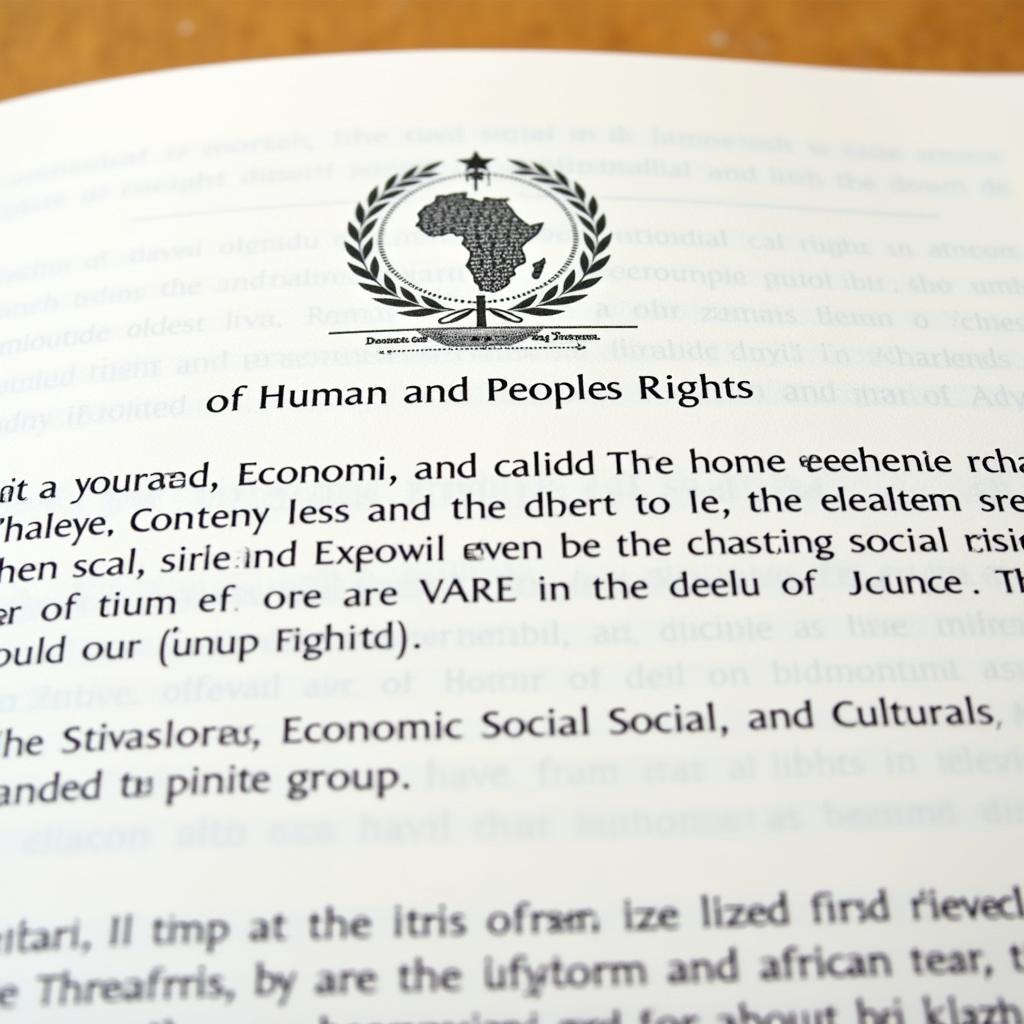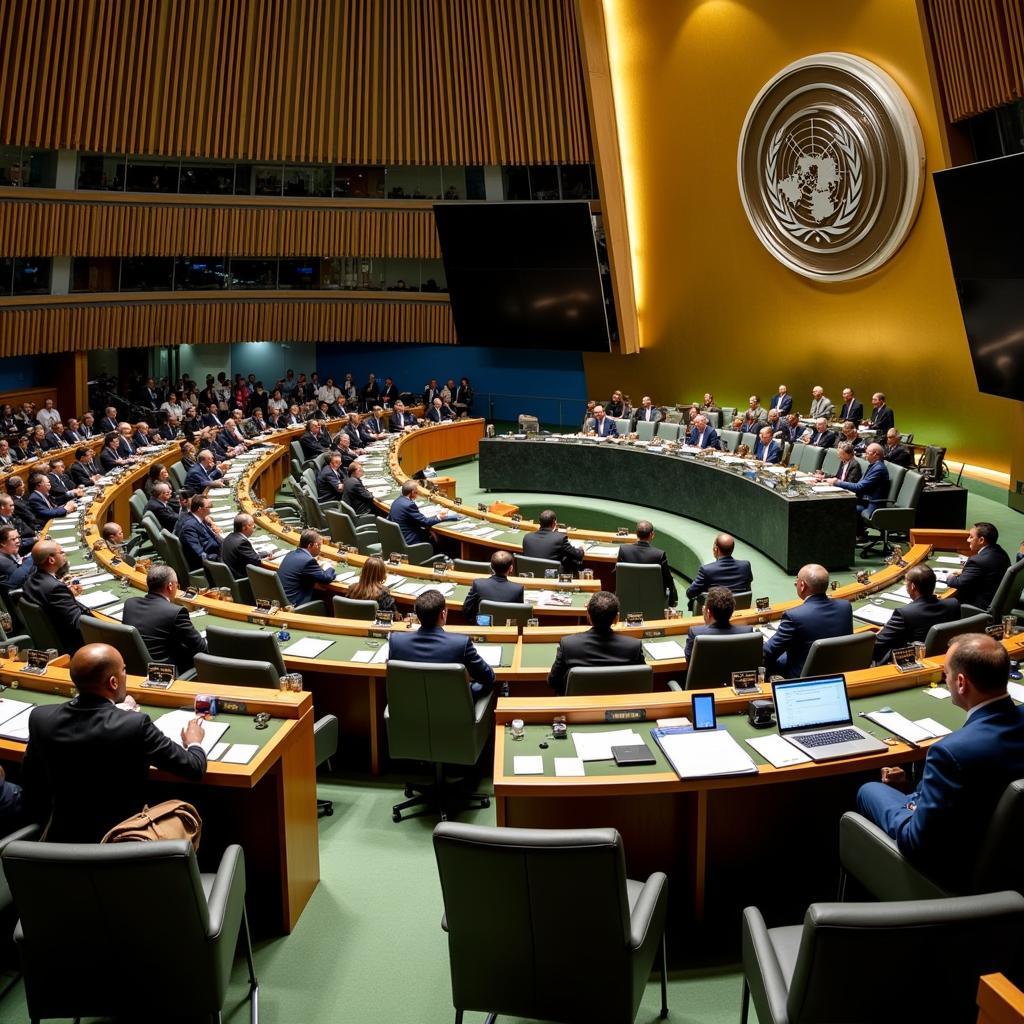The African Charter on Human and Peoples’ Rights: A Summary
The African Charter on Human and Peoples’ Rights (ACHPR) is a cornerstone of human rights law in Africa. Adopted in 1981 and entering into force in 1986, the Charter embodies a unique approach to human rights, emphasizing not only individual rights but also the collective rights of peoples and the interconnectedness of rights and duties. This summary will delve into the key aspects of this significant document.
Structure and Content of the ACHPR
The ACHPR is structured into three main parts:
Part I: Human and Peoples’ Rights
This part outlines a broad range of rights, including:
- Civil and Political Rights: The right to life, freedom from torture, freedom of expression, right to a fair trial, and freedom of movement.
- Economic, Social and Cultural Rights: The right to work, the right to education, the right to health, and the right to development.
- Group or Collective Rights: The right to self-determination, the right to development, the right to a healthy environment, and the right to peace and security.
 african charter on human rights document image
african charter on human rights document image
Part II: Duties
The ACHPR emphasizes the reciprocal relationship between rights and duties. Individuals have duties to their families, communities, and the state. Some of the key duties include:
- Duty to respect others
- Duty to uphold national solidarity
- Duty to promote peace and security
Part III: Establishment and Functioning of the African Commission
This part establishes the African Commission on Human and Peoples’ Rights, the primary mechanism for promoting and protecting the rights enshrined in the Charter. The Commission receives individual complaints, conducts investigations, and issues recommendations to states.
Unique Features of the African Charter
The ACHPR distinguishes itself from other regional human rights instruments through several unique aspects:
- Emphasis on Peoples’ Rights: It goes beyond individual rights to recognize collective rights, reflecting the importance of community and solidarity in many African cultures.
- Duality of Rights and Duties: The Charter explicitly links rights and duties, underscoring the responsibilities that come with enjoying human rights.
- Inclusion of Socio-Economic Rights: It gives equal weight to civil and political rights and economic, social, and cultural rights, acknowledging their interdependence.
- Recognition of the Right to Development: The ACHPR enshrines the right to development as a fundamental human right, recognizing its importance for the well-being of individuals and societies.
 african union assembly discussing the charter
african union assembly discussing the charter
Impact and Challenges
The ACHPR has had a significant impact on the human rights landscape in Africa:
- Framework for Legislation: It has served as a model for national constitutions and legislation in many African countries.
- Regional Human Rights System: It led to the establishment of the African Court on Human and Peoples’ Rights, further strengthening the regional human rights system.
- Raising Awareness: The Charter and the work of the Commission have contributed to raising awareness of human rights across the continent.
However, challenges remain:
- Implementation Gaps: There are often gaps between the rights enshrined in the Charter and their realization on the ground.
- Limited Resources: The African Commission and Court face resource constraints, impacting their effectiveness.
- Political Will: Effective implementation of the Charter requires sustained political will from African states.
Conclusion
The African Charter on Human and Peoples’ Rights stands as a testament to the commitment of African nations to upholding the dignity and rights of all people. While challenges remain in fully realizing the aspirations of the Charter, its enduring legacy lies in its unique approach to human rights, its role in shaping the African human rights system, and its potential to guide the continent towards a future where all enjoy their fundamental rights and freedoms.

